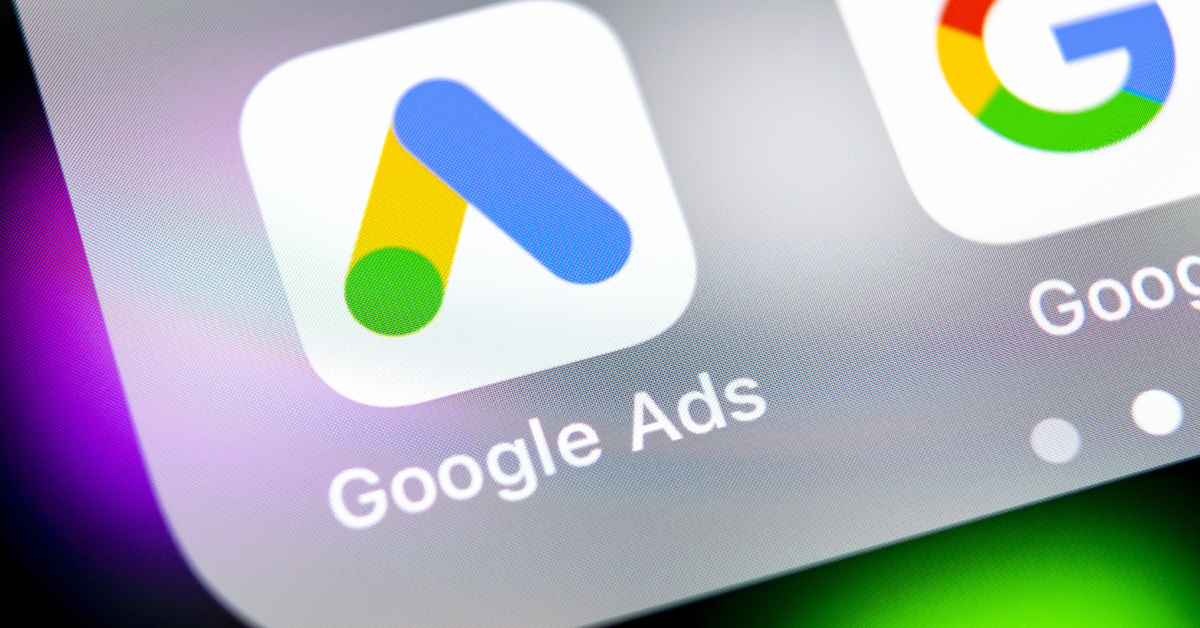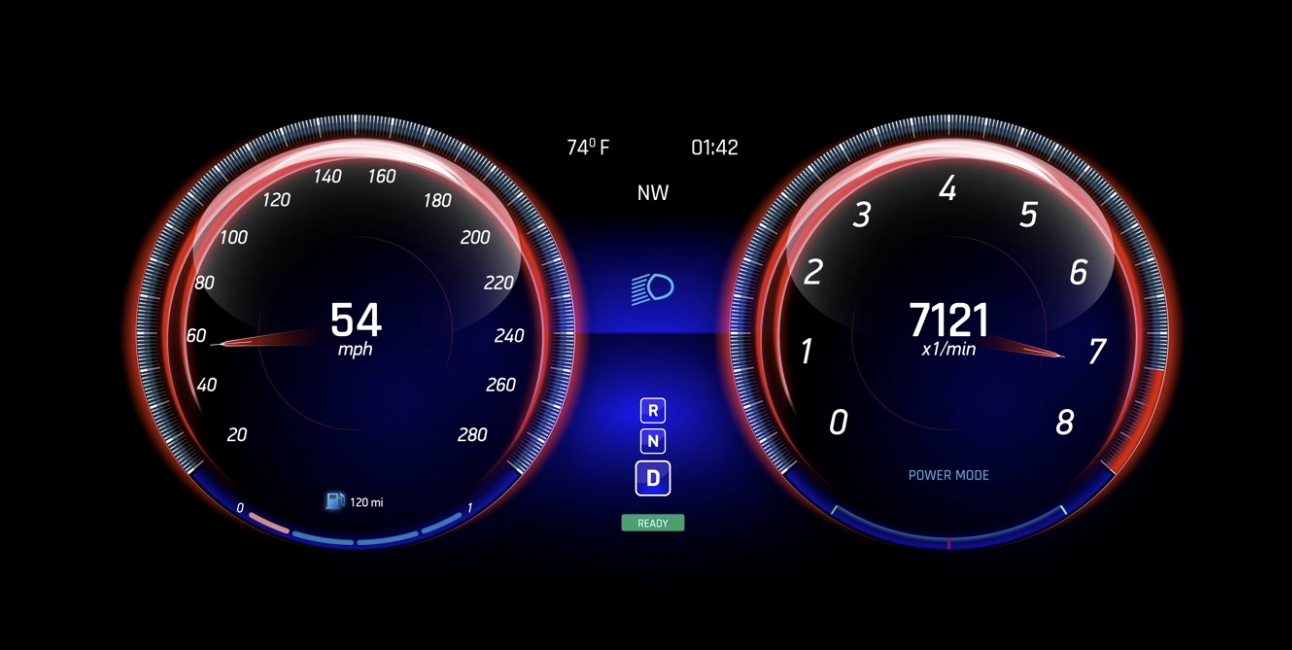
In recent years it seems as if everything has become more expensive. From concert tickets to a gallon of milk, inflation is rampant. And it seems as if inflation is hitting the digital advertising arena, too.
If you think that your digital advertising budget doesn’t stretch quite as far as it used to, it is not your imagination. According to Search Engine Land, Google’s cost per click (CPC) rose 9% from 2023 – 2024.
What’s driving this increase? And how can small-business owners continue to generate leads from digital ads despite the increase?
Competition Drives Google PPC Pricing
Factors such as rising fuel and farm labor prices drive increases in the cost of a gallon of milk at the supermarket, but what drives the cost of Google ads? One word: competition.
Remember how Google’s digital ads work. When you create a Google advertising campaign, you place money in an account that works sort of like a checking account. Google Ads have a cost per click (CPC), but competitors bid on the actual cost per click in a virtual auction. The cost listed on the Google advertising portal is only the suggested bid. Advertisers can bid in any increment.
Keyword phrases in high demand often garner the highest CPC rates, with fierce competition driving up the costs for the coveted phrase. Curious about the most expensive keyword phrases? According to Wordstream, the following is a list of the top five most expensive CPC bids on Google:
| Insurance | $54.91 |
| Loans | $44.28 |
| Mortgage | $47.12 |
| Attorney | $47.07 |
| Credit | $36.06 |
Even if you’re not selling insurance or financial products, you may still feel the pinch as more small businesses eter the digital advertising arena. As a small-business owner, every dollar counts, and every dollar you spend on your advertising should produce leads and sales. How can you maximize your Google ad budget in this highly competitive environment?
The Best Digital Ad Campaigns Start With Strategy
One of the cornerstones of marketing is the reliance on strategy when competition heats up. A good strategy considers the marketplace, economic forces, demographics, products, prices, past promotions, and competitive activities. Based on this information, savvy digital marketers form their campaigns after finding areas where the competition may not be seeking new business or ways to differentiate a small business in new or unique ways from competitors.
Many small-business owners want to see immediate results, so they enact a digital advertising campaign without spending too much time, money, or attention on strategy. This is a mistake, in our opinion. Without taking the time to understand the marketplace and competition, for example, you may make simple mistakes in your approach to digital advertising that can take a long time to correct. And every mistake costs money — more money than ever before in today’s rising CPC costs.
Set Reasonable Goals — Crunch the Numbers
It’s also important to set reasonable goals based on metrics. What is the average value of a lead or sale for your company? How many leads and sales do you need to achieve to break even with your advertising campaign? We can help you assess how much to spend on a digital advertising campaign to achieve a profitable return on your investment.
Consider Less Expensive Keyword Phrases
While you may be out of luck if you sell insurance or loans, many small-business owners choose keyword phrases that are too general to describe their businesses and end up paying more for their CPC campaigns than they should. This is where having a digital strategy is vital. When you understand what your competitors are doing and saying, you can carve out a unique market niche and focus on that niche with fresh keyword phrases.
Check Geography and Focus on Local Markets
Google enables advterisers to specify the geography of their ads. If you sell only to a local or regional market, be sure to indicate this to limit the ad’s reach. Otherwise, you may be paying additionally for ads in markets where customers cannot avail themselves of your services, like a Minnesota restaurant accidentally advertising in Georgia.
Implement Landing Pages to Improve Conversion
Improving results from digital ad campaigns isn’t always about the clicks and keywords. Sometimes the targeting and keyword phrases are just fine, yet the campaign isn’t providing the desired ROI. If you do not have a dedicated landing page but instead send ad traffic to your website, consider creating one. Many studies show that dedicated pages for campaigns convert visitors better than general web pages.
Test, Test — Then Test again
Testing is an often overlooked yet critical component of successful digital advertising. Establish a baseline response rate and then test ad copy, images, landing pages, and keyword phrases against the baseline, improving what increases response rates and eliminating what doesn’t is essential to maximizing advertising budgets. The goal of testing digital ad campaigns is to find the right combination or formula for your business to achieve ROI.
Digital campaign testing isn’t one and done. It evolves over time. Expect to test your digital ads for a minimum of six months. It is better to continually test and refine every element of your digital campaigns to steadly improve response rates. Companies that successfully translate digital campaigns into dollars, in the form of leads and sales, are never satisfied with a single test. They are always trying to outperform their best metrics.
Work with a Google Certified Partner
We hope that this information has proven helpful to you. Dashboard Interactive Marketing is a Google-certified digital advertising agency focused on small business success. To maximize your digital ad campaign, please call us at 763-242-2454 for a complimentary consultation. We provide digital marketing strategies, campaigns, and Google, Bing, and social media pay-per-click advertising campaigns focused on your ROI.

